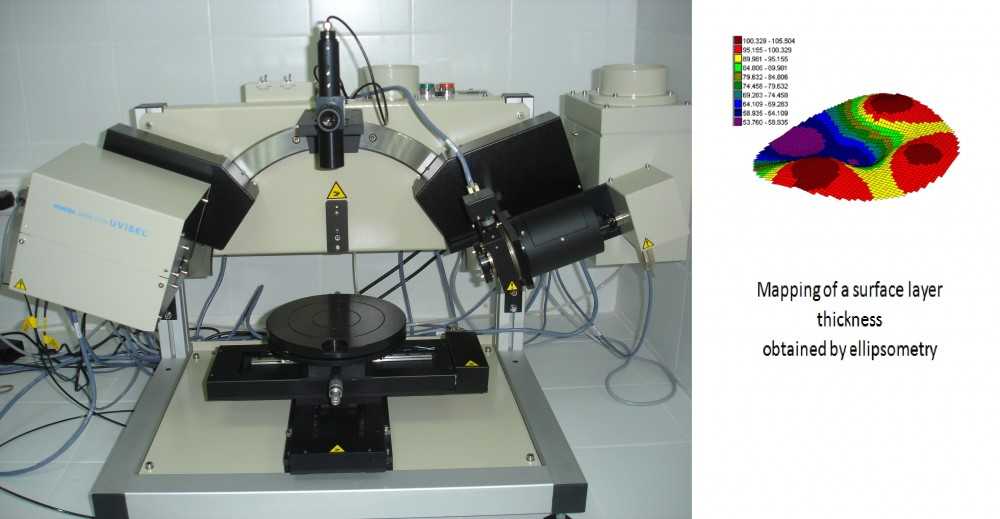Biomedical materials that repel bacteria
The magazine Viceversa dedicates a special article to María Luisa González, Professor of Applied Physics at the University of Extremadura and Scientific Director of Unit 16 of NANBIOSIS: Surface Characterization and Calorimetry Unit.
One of her latest projects, PHYTECH, has developed a new surface for bone implants containing phytate, a natural product found in plant seeds that favours the regeneration of bone tissue and reduces the risk of infections in implants. Now, her research group is about to start a new European project with implant manufacturers in Austria and Lithuania, whose goal is to obtain a crystalline coating for titanium prostheses that favours cell adhesion and prevents or reduces bacterial infections.
The research trajectory of Professor González has a clear vocation towards the transfer of results to society. Her driving force in research is to improve the well-being of patients, improve the quality of materials to reduce infection problems after prosthetic and implant surgery, and also help to reduce the cost of healthcare.
Her challenge for the next five years is to know better the electrical characteristics of surfaces and how its roughness affect, at nanometer level, to prevent bacteria from adhering to them, without harming human cells.










